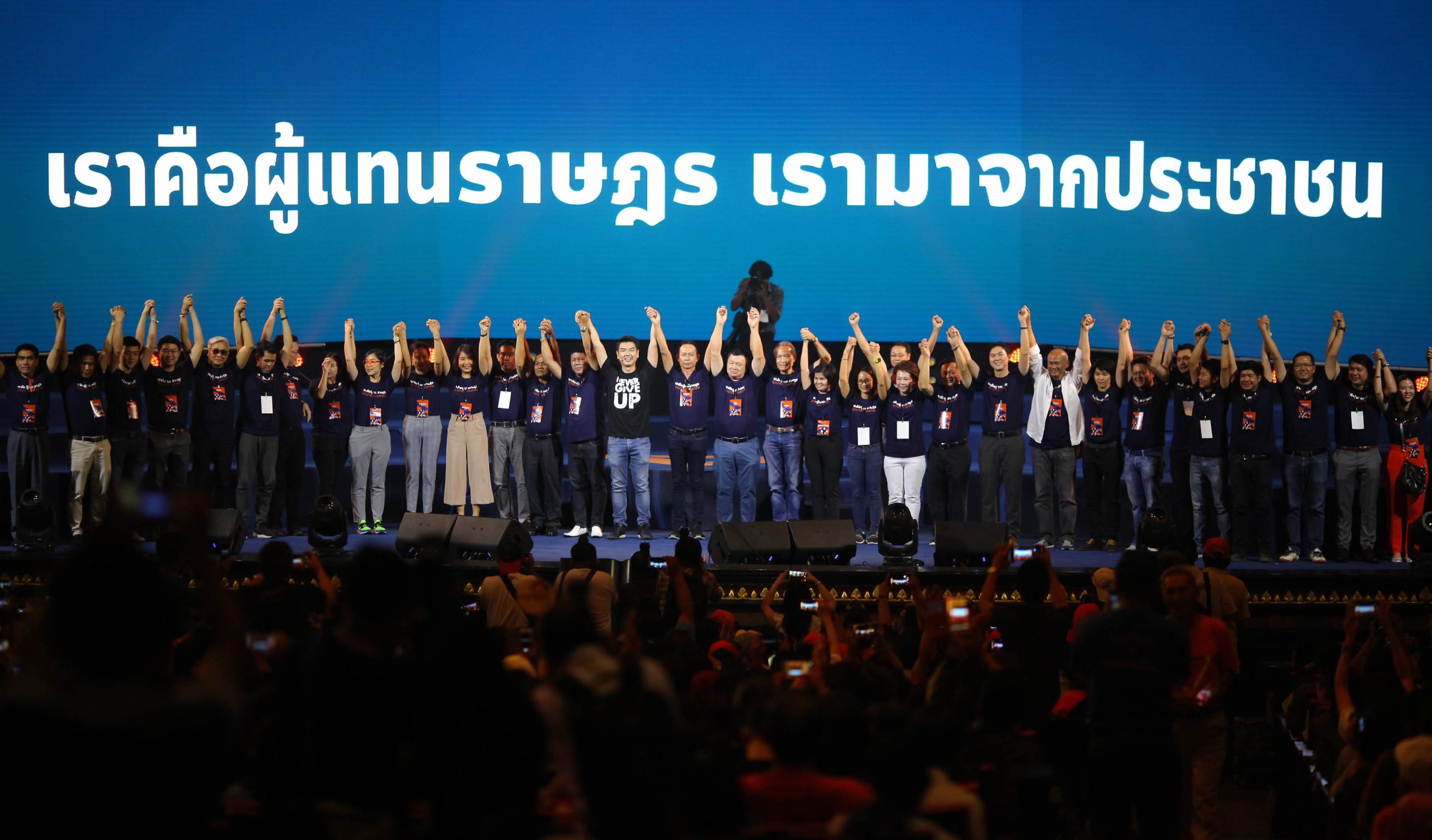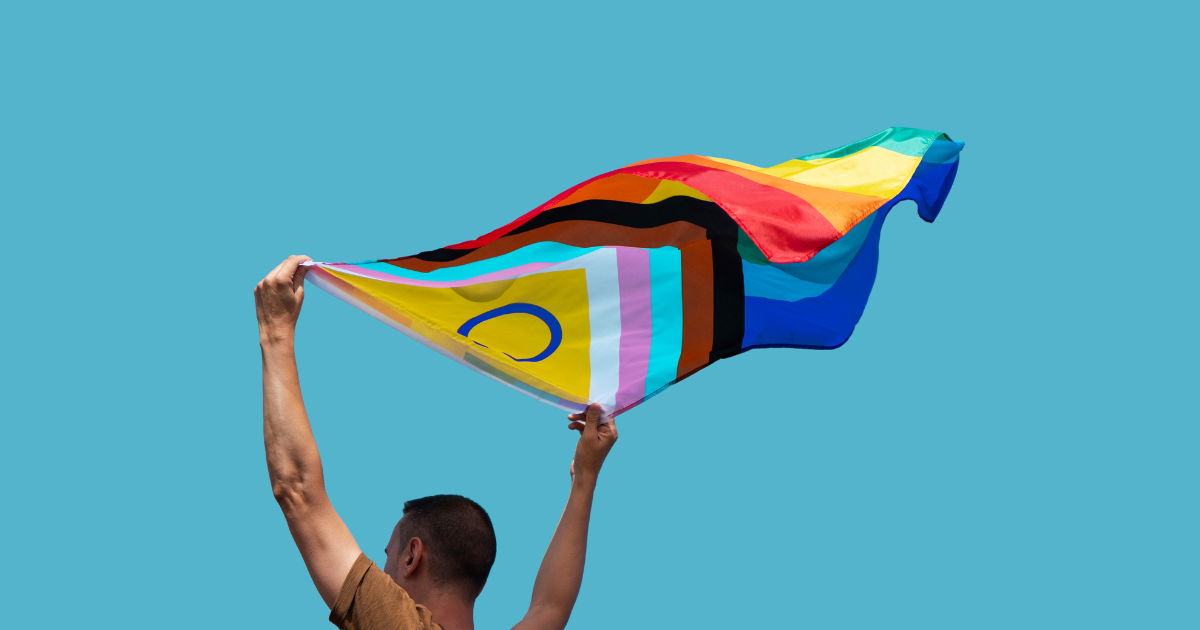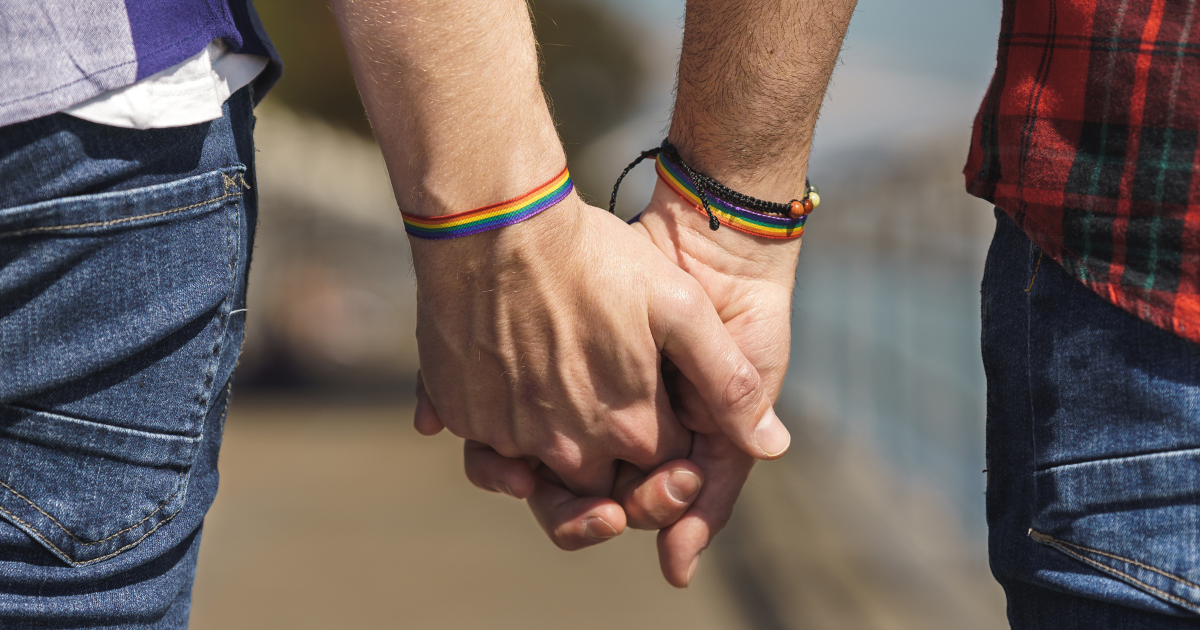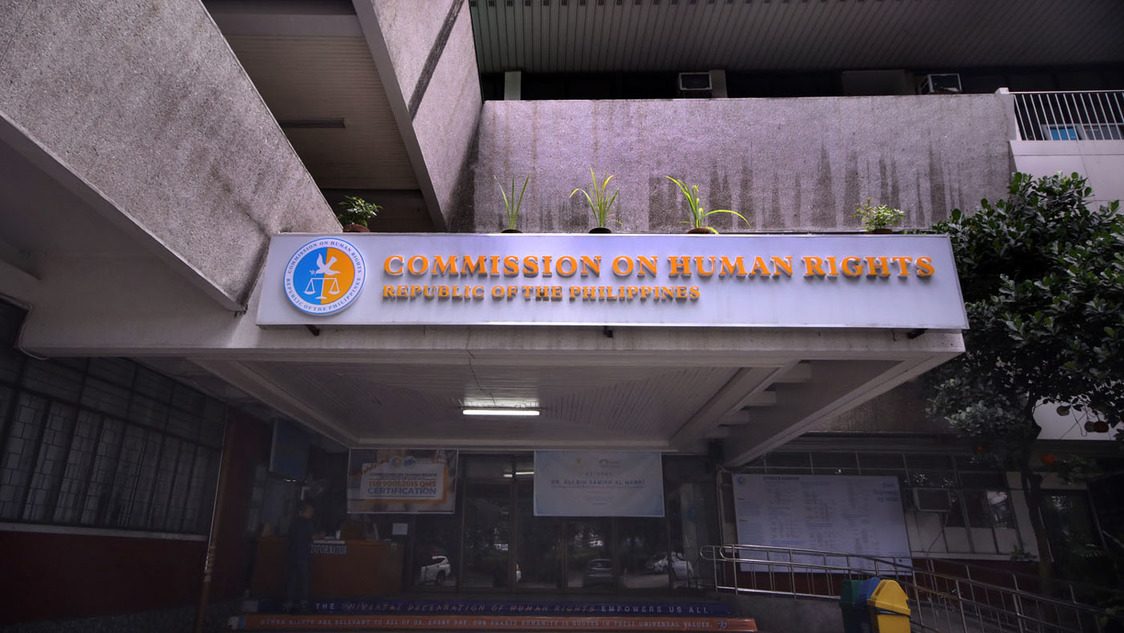
MANILA, Philippines–Indonesia has made progress in advancing the human rights of LGBTQIA+ persons, while the Philippines has taken a step back, according to the Asean SOGIE Caucus response to the United Nations mechanism that evaluates the human rights records of member states.

SYDNEY, AUSTRALIA — The Anti-Discrimination Bill has been stuck in congress for 23 years, and this year, the SOGIE Equality Bill has faced another setback in both the Senate and at the House of Representative. The opposition has doubled its efforts in stopping the equal distribution of rights in the Philippines.

Asia and autocracy have almost become interchangeable terms these days, but rights activists and democracy advocates have been pushing back without let-up. There is a nagging issue, however, that keeps on cropping up in discussions among rights and democracy advocates: the efficacy of social movements, and the difficulties to organize one in the first place. It was no different at advocate huddles late last year at the Asian Democracy Assembly in Bali, Indonesia, with the issue front and center most times.

LGBTIQ+ groups from Australia, Asia and the Pacific say a commitment by the Federal Government to develop a strategy on LGBTIQ+ rights in the region is a historic and significant first step.
Foreign Minister Penny Wong on Monday announced $3.5 million for the first dedicated Australian fund to support LGBTIQ+ civil society organisations and human rights defenders in Asia and the Pacific.
DFAT will also embark on a consultation process before establishing an LGBTIQ+ human rights engagement strategy which will include bilateral and multilateral diplomacy, development and humanitarian assistance.

Countries in Asia and the Pacific are home to some of the world’s harshest anti-LGBTIQ+ laws.
Twelve Asia-Pacific nations still criminalise consensual same-sex relations and trans or gender diverse people in 13 countries are unable to update their name and/or gender marker on official documents such as passports and birth certificates.

The Australian Government has a unique opportunity to show leadership in Asia and the Pacific to advance LGBTIQ+ rights, a new international report has found.
Partnering with Pride, released on Monday, was written in partnership with LGBTIQ+ groups from Asia and the Pacific, the Global Philanthropy Project and Equality Australia.

Various LGBTQIA organizations in the Philippines called for Vice President Sara Z. Duterte, who is also the head of the Department of Education, and J. Prospero E. De Vera III, who heads the Commission on Higher Education, to take steps to make sure that school become more “SOGIESC-responsive in their policies and practices.”
In an open letter posted on Facebook, the organizations noted that the resumption of face-to-face classes resurfaced the implementation of discriminatory practices, including deadnaming (or the non-recognition of the names chosen by trans and gender-nonconforming students to identify themselves), and the enforcing of “binary gendered expression on haircuts and uniforms”.

Rappler asks human rights advocates and groups what qualities they want the new Commission on Human Rights leadership to have, especially under a second Marcos presidency. Here are their answers.